Updated 5/2/2022
As ketamine therapy becomes a popular treatment option for both physical and mental conditions, the question of insurance coverage remains difficult to answer. While we cannot control what portion of your treatment will be covered by insurance, we can help you work with your insurance company to get the most out of your plan. By advocating for our patients and working directly with your insurance provider, we aim to make your treatment process as straightforward and affordable as possible.
The Insurance Challenge Facing Ketamine Providers
And how KWC is stepping up
While the value of ketamine in medicine is well-established, many insurance companies remain hesitant to provide treatment reimbursements. Providers seldom take a consistent stance on ketamine coverage, meaning decisions can vary on a case-by-case basis. As a result of these hurdles, many ketamine clinics have elected to limit their services or take cash-only payments.
Ketamine Wellness Centers tackles the insurance issue head-on by working with your insurance company and providing the support you need throughout this process. Even if your insurance plan is not part of our group of in-network carriers, there are steps you can take to fight for reimbursement.
The State of Coverage for Ketamine Therapy
In general, ketamine treatment for physical pain is easier to reimburse than treatment for mental wellness. While coverage is not guaranteed, a valid medical pain diagnosis such as fibromyalgia, migraines, or Complex Regional Pain Syndrome can help your eligibility. For many patients, winning insurance coverage for neuropathic pain treatments can be a realistic and achievable goal.
In rare cases, Medicare and Medicaid may cover chronic pain patients whose medical coverage falls under the Americans with Disabilities Act. However, because of the lengthy process and difficulty of receiving reimbursements through this avenue, we recommend that Medicare beneficiaries seek coverage through a secondary insurance company.
More information about insurance coverage for chronic pain patients
Unfortunately, most insurance companies remain hesitant to cover ketamine treatments for mental wellness. New options for treatment have expanded the availability of ketamine therapy, but the issue of coverage remains an uphill battle.
Until 2019, infusions and injections were the only option available for patients seeking ketamine treatment. This changed when the nasal spray Spravato (chemically known as S-ketamine) was approved by the FDA for treatment-resistant depression. While the approval of Spravato does not guarantee coverage, it does increase the likelihood of securing it. In certain cases, medication like Spravato may be available at a reduced cost through your insurance. In particular, patients covered through the Veterans Administration have recently been successful in having treatments reimbursed.
More information about insurance coverage for mental wellness
We remain optimistic that as patients and professionals continue to see the benefits of ketamine therapy, insurance providers will step up to meet the rising demand. Until then, there are a number of ways our team can help.
Understanding Your Options
Ketamine Wellness Centers is committed to pushing for broader insurance coverage and advocating for our patients. Whether you are seeking treatment for a physical or mental condition, our team is here to help you find the lowest possible treatment cost.
Even in cases where ketamine infusion is not covered through insurance, other aspects of the bill may be reimbursed. The price tag on ketamine therapy also includes medical monitoring, professional supervision, and equipment used during the procedure, all of which are often covered by insurance. In many cases patients do not pay the full cost of treatment, even if insurance does not cover the infusion itself.
Because navigating insurance can be difficult, KWC is available to work with you directly through this process. Our insurance specialists can help you find out what coverage you are eligible for, receive prior authorization from your insurance company, and provide a superbill for reimbursement claims.
Despite the difficulties associated with insurance, many of our patients who have out-of-network plans have successfully submitted for partial or complete reimbursement for their treatments. If the cost of ketamine therapy is a barrier to your treatment, know that our team may be able to work with your insurance company to help you receive care.
To connect with an insurance specialist for more information, you can reach us at 855-KET-WELL (855-538-9355) or insurance@ketaminewellnesscenters.com.





